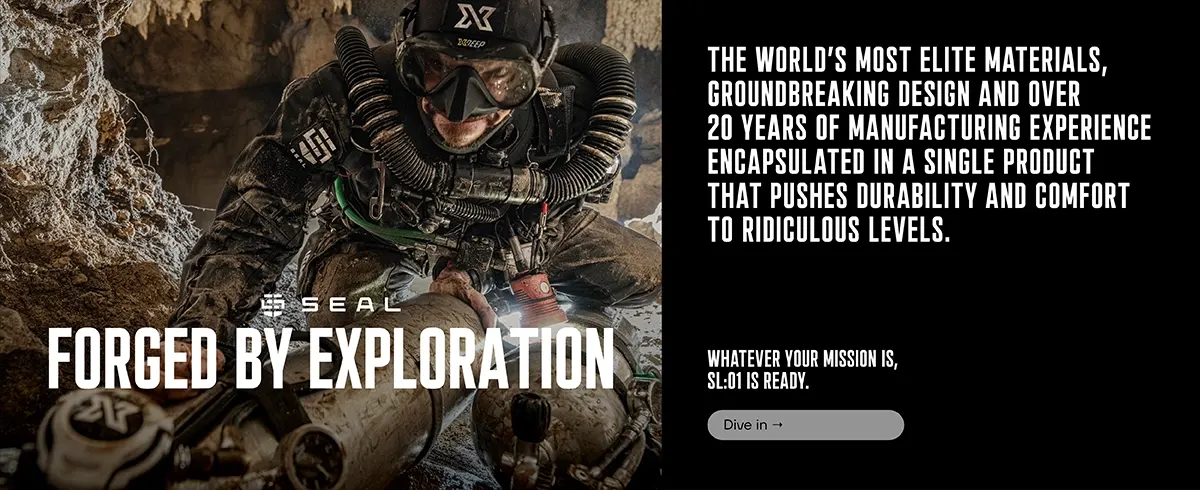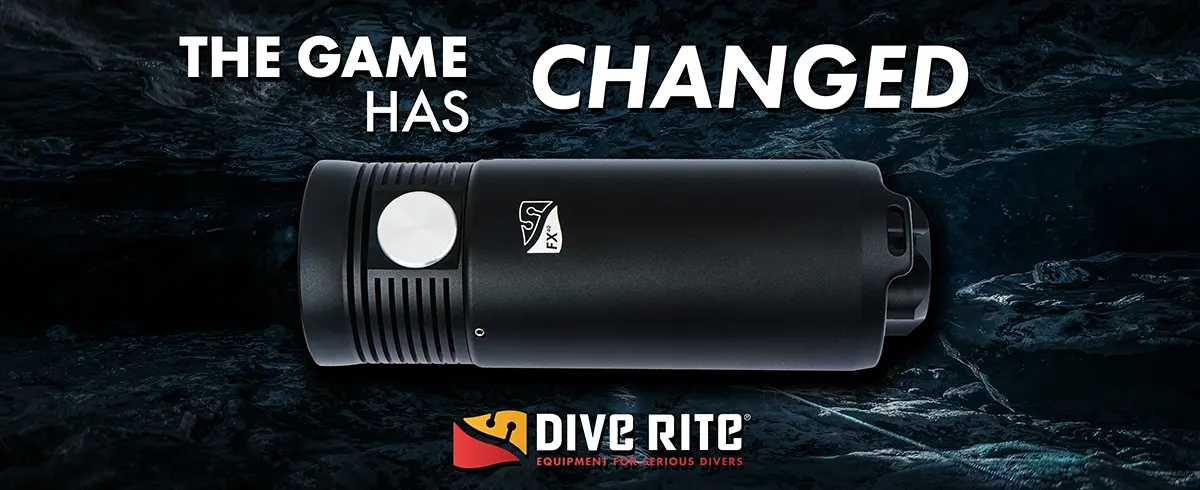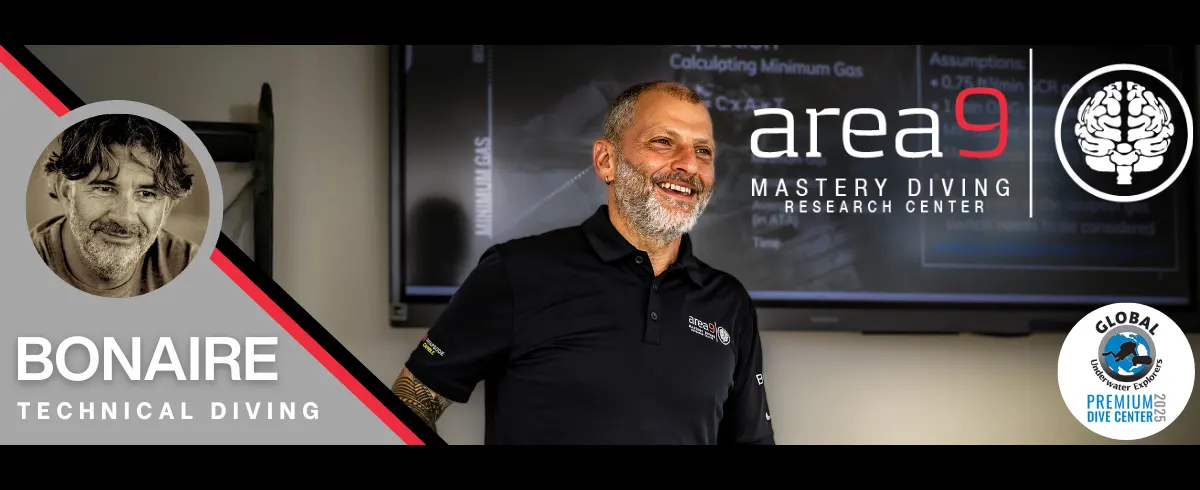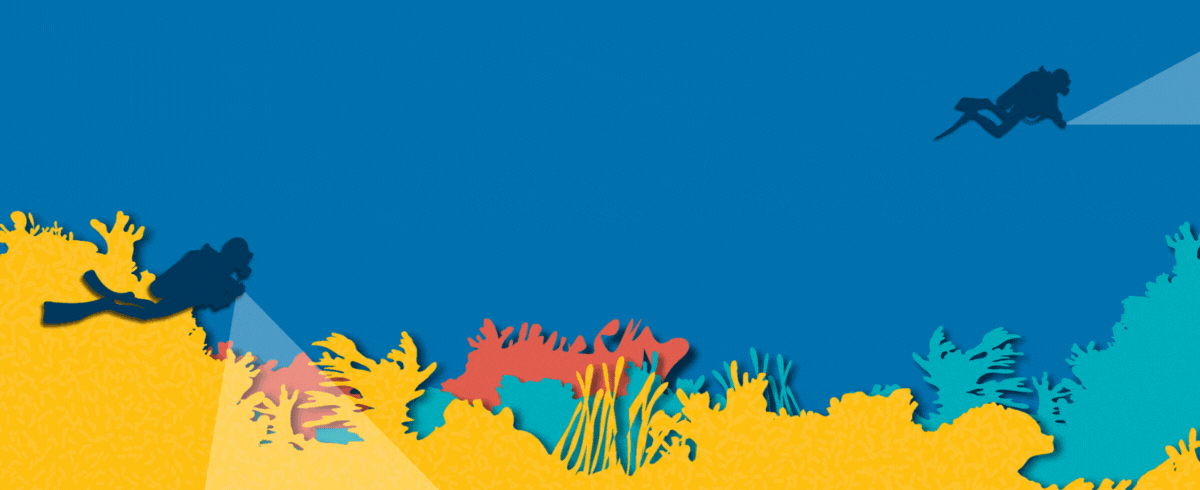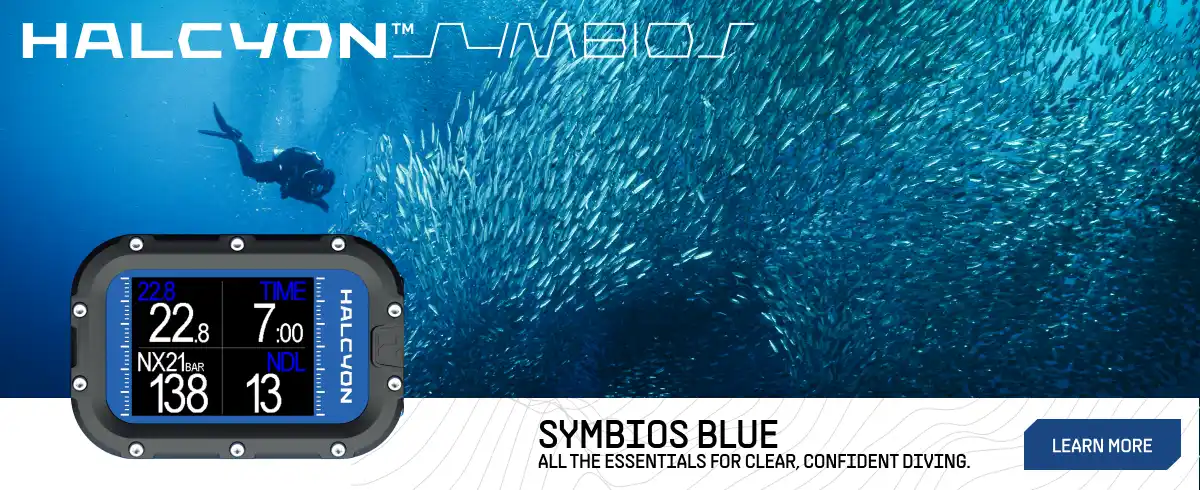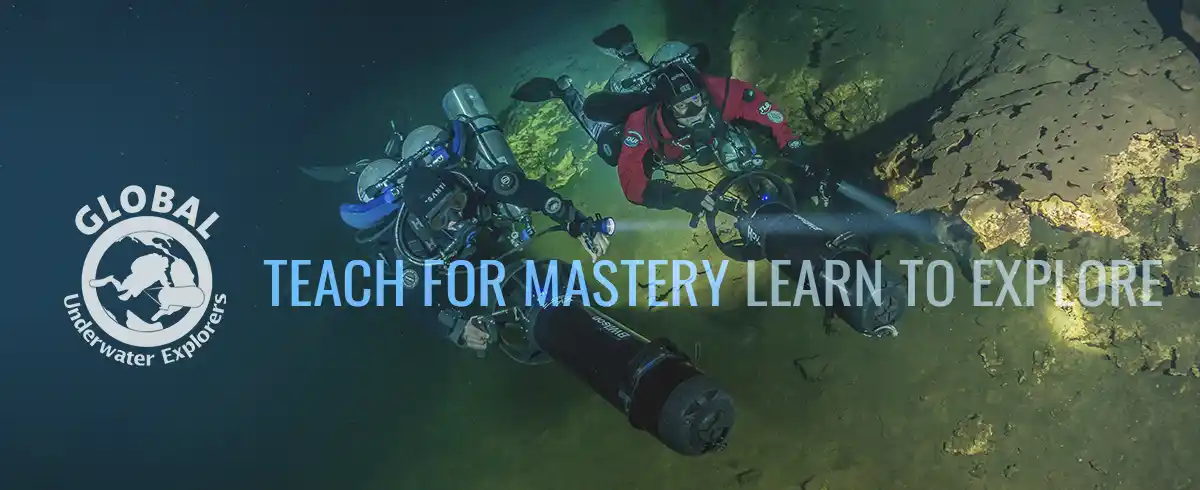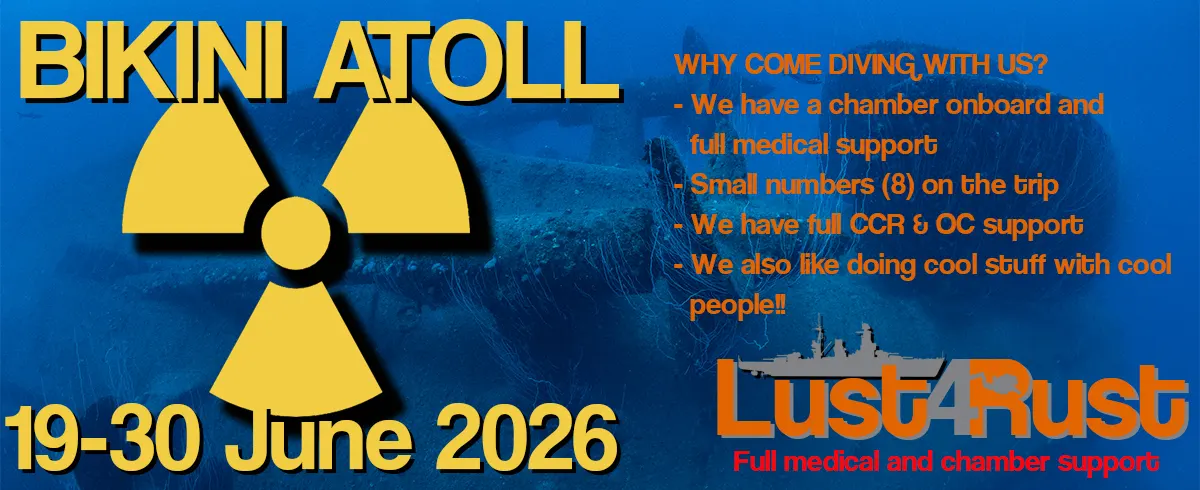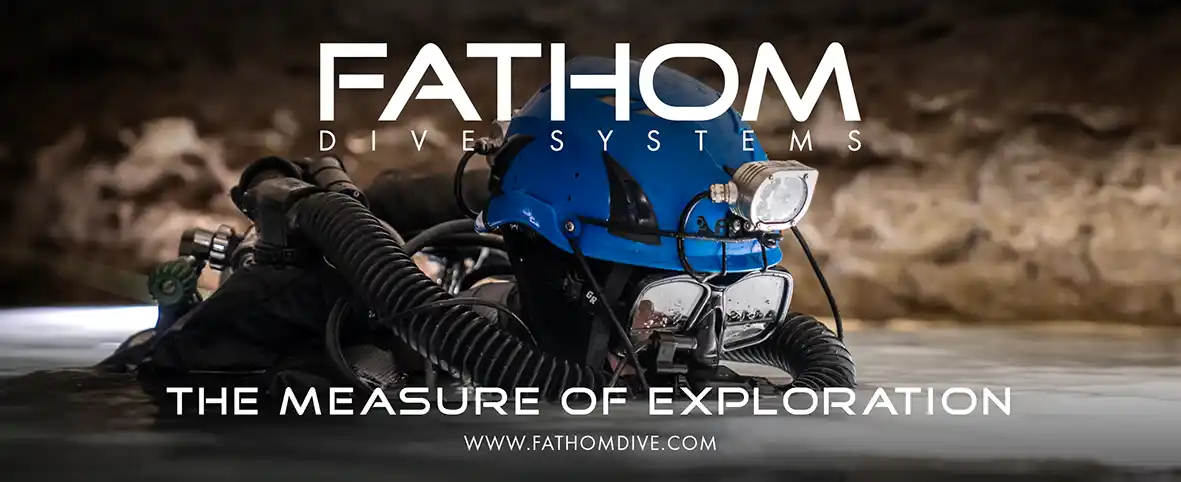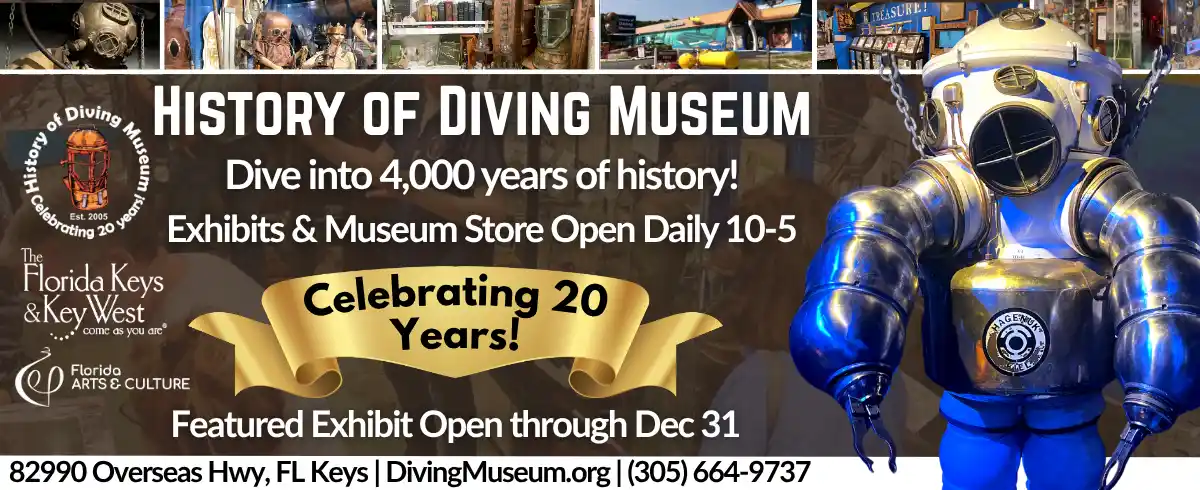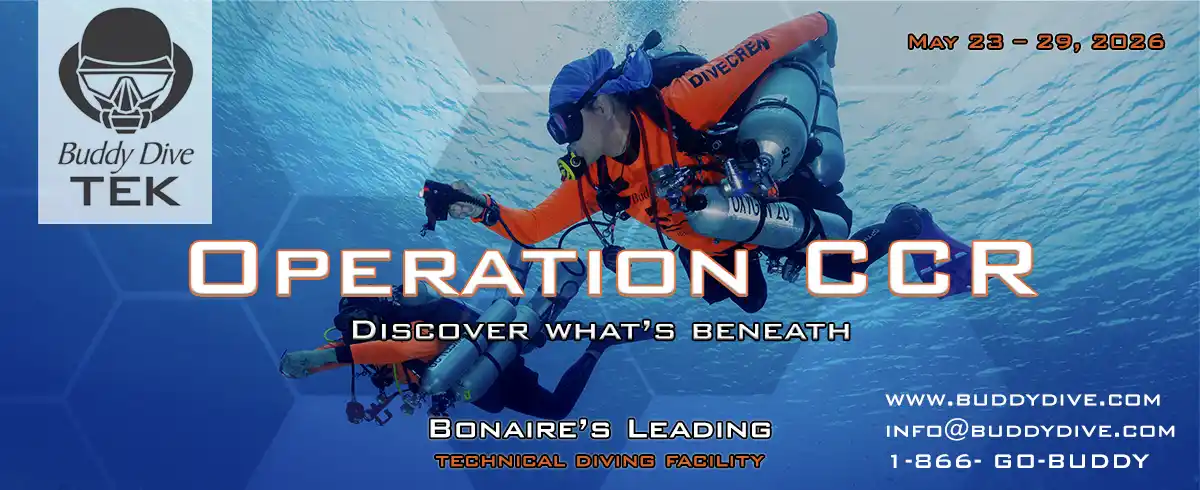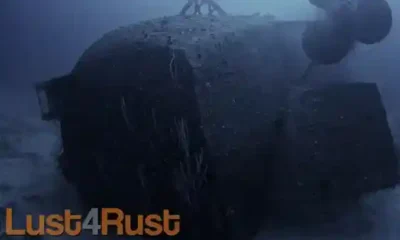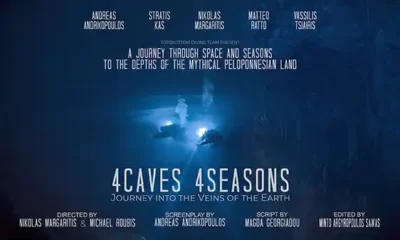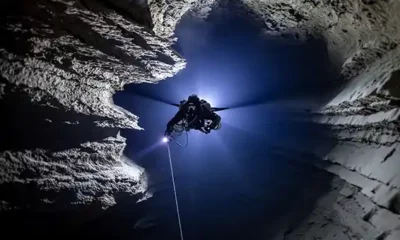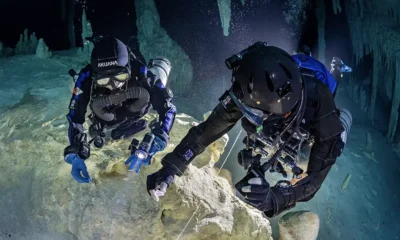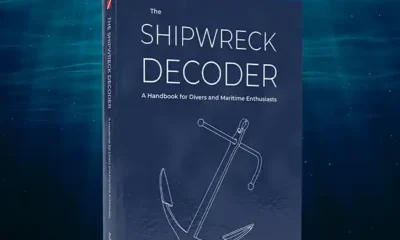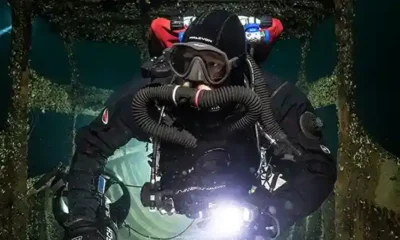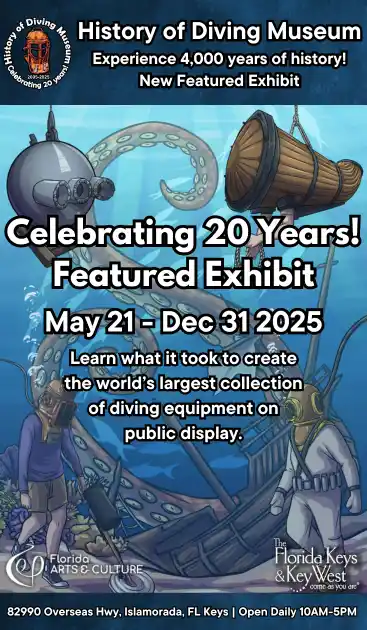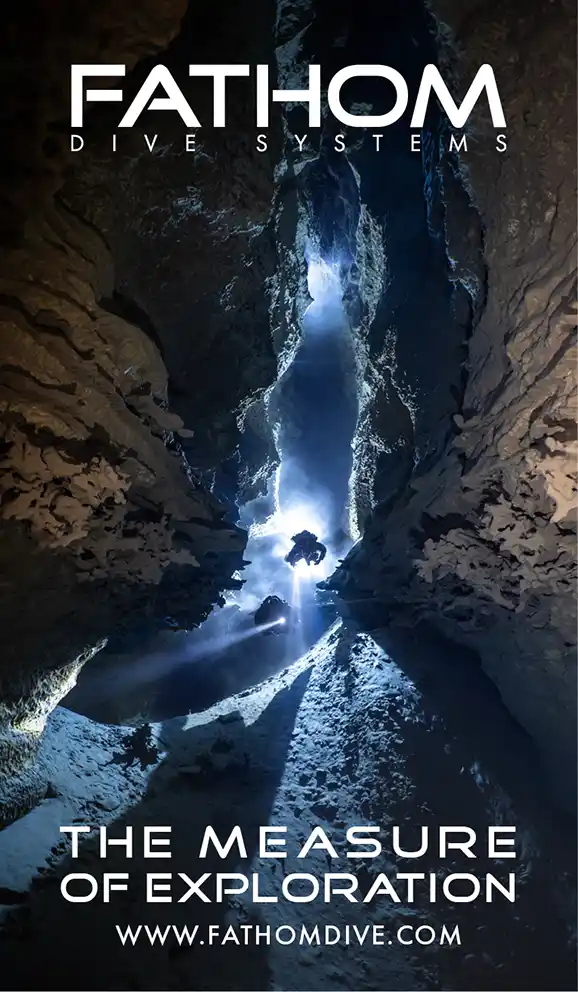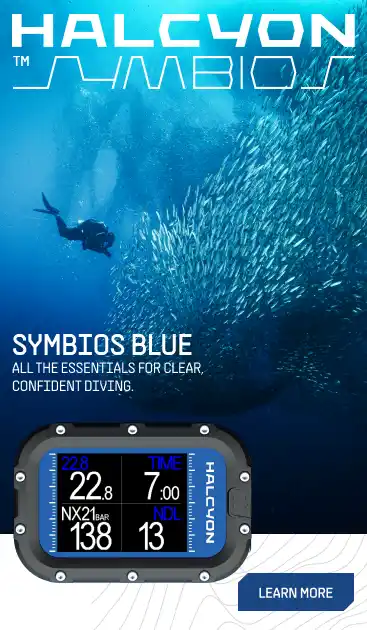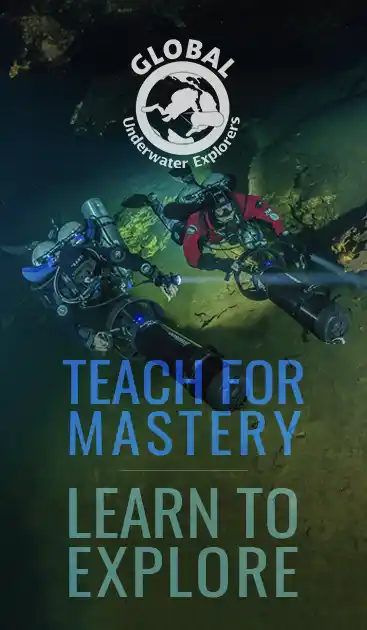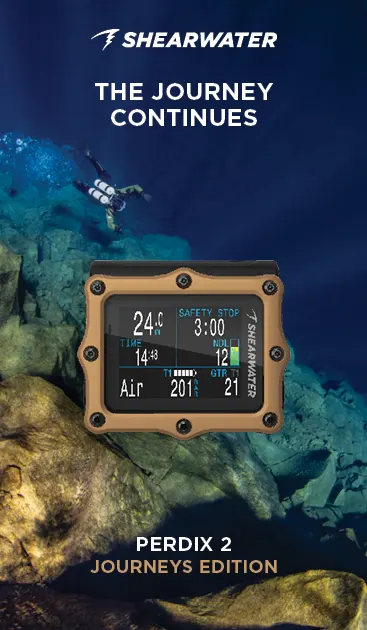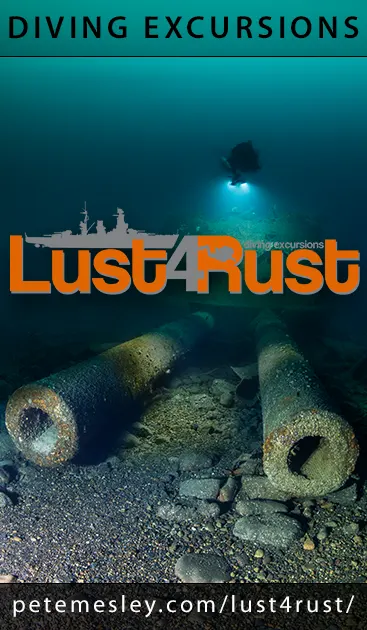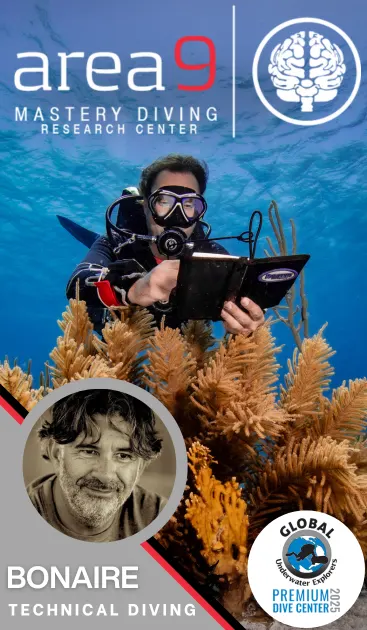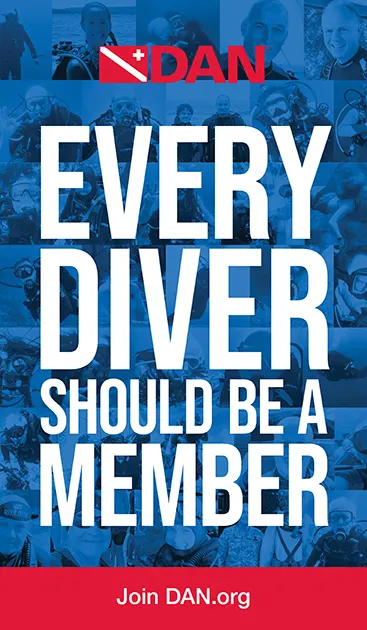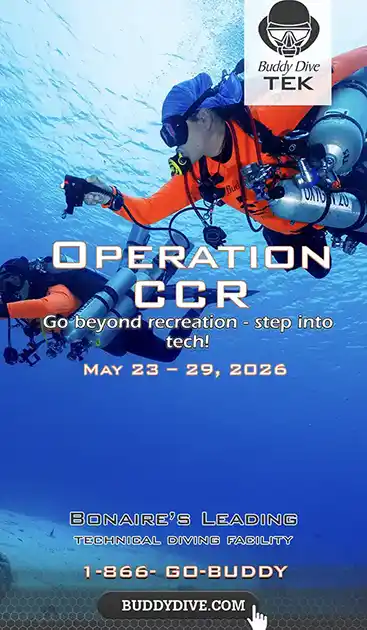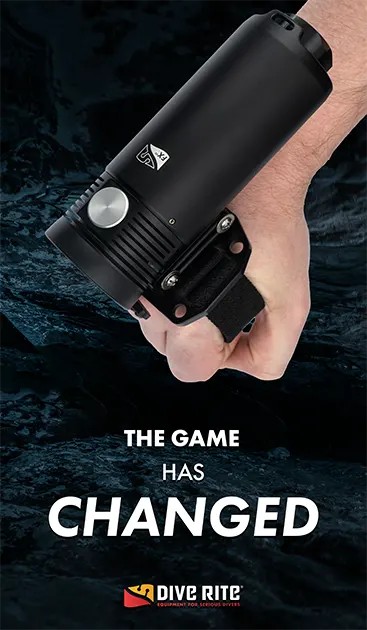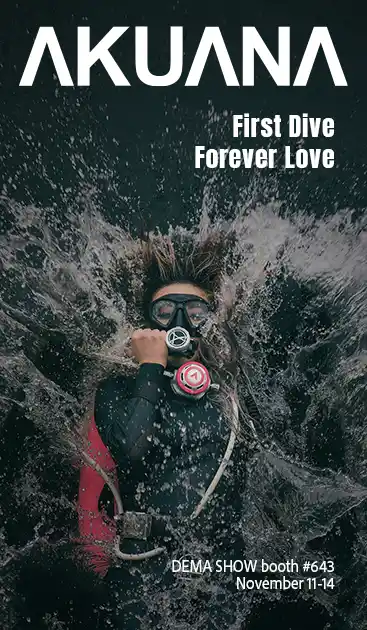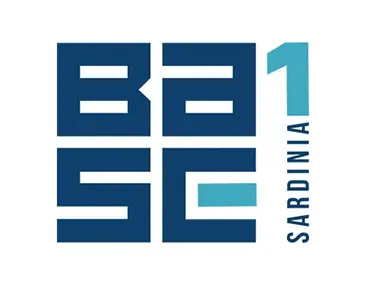Community
BSAC Technical Turns Twenty
By Mike Rowley & Nick Jewson. Photos courtesy of BSAC and the authors unless noted.

BSAC was initially reluctant over nitrox. Indeed, in 1993, a senior member of the National Diving Committee (NDC) announced at the annual National Diving Officer’s Conference that BSAC had no intention of sanctioning the use of nitrox; in fact, he announced a ban on its use on Club dives.
To an extent, this was based on advice from Jim Corry from the USA who had advised BSAC on the development of an oxygen therapy course. Reports of oxygen toxicity incidents coming from the USA tended to reinforce this position.
At the time of the announcement, there were a number of senior instructors in the hall who had already gained Nitrox and Advanced Nitrox Instructor status with other agencies and were actively delivering courses and certifications. Indeed, the announcer himself had only recently returned from training in nitrox and trimix with Capt. Billy Deans in Florida!
BSAC members were voting with their feet and wallets. Many were gaining nitrox and some trimix certifications with other agencies. The predicted oxygen toxicity events did not materialise. As a consequence, BSAC did a volte-face in 1995, appointed a nitrox working group under Jack Ingle who had been appointed as Technical Diving Advisor to NDC and sanctioned the use of nitrox up to a maximum of EANx 36%.


By the end of 1995, BSAC launched its own nitrox course specifying up to 36% EANx and a maximum PO2 of 1.4 bar. It also introduced an Advanced Nitrox course that certified divers to use up to 50% EANx for bottom gas and decompression gas. To support these courses, BSAC commissioned Dr. T. R. Hennessy to develop a set of nitrox tables. By this time, however, nitrox computers were becoming readily available and, post training, most people preferred to use these.
In 1998, BSAC launched the BSAC Extended Range course which certified divers to 50 metres and the use of up to EANx 80% for accelerated decompression with an overall maximum PO2 of 1.4 bar. A set of accelerated decompression tables were developed to support this course but, again, post course people voted with their wallets and purchased dive computers that supported programmable nitrox mixes which, by this time, were becoming available.
At the turn of the millennium, BSAC edged cautiously into the modern diving era by sanctioning the use of open circuit trimix for appropriately qualified divers and to a maximum depth of 70 metres.

Around the same time, BSAC purchased two Drager Dolphin Semi-Closed Circuit Rebreathers and two APD Inspiration Closed-Circuit Rebreathers. These were allocated to senior instructors who were asked to acquire certification with existing technical diving agencies, evaluate and report to NDC. The trials did not progress very far; however, BSAC NDC set up a Rebreather Working Group. The Dragers were allocated to Jeff Reed and Bob Howells. The Inspirations to Penny Glover and Mike Rowley. All reported back to NDC that these machines could be dived safely and with appropriate training could be incorporated into BSAC diving. Nothing much happened in terms of developing training for these machines, but BSAC did sanction the use of both Drager SCRs and Inspiration CCRs to be used on BSAC dives by suitably qualified divers.
In 2002/3, BSAC had a new NDO, Clare Peddie, who was a technical diver and CCR diver. She asked three people to set up BSAC Technical: Nick Jewson who was by this time the most experienced CCR diver in the UK, having dived and instructed for the Cis-Lunar CCR for some years, Mike Rowley, and Jeff Reed. This group immediately set up working groups to develop and produce courses. These groups included Dave Thompson, no introduction needed, and Gavin Anthony who is well known and internationally renowned as a diving scientist.

Over the next few years BSAC Technical developed and launched a comprehensive portfolio of courses complete with support materials at Diver, Instructor and Instructor Trainer levels:
- 2004 – Drager Dolphin SCR
- 2005 – APD Inspiration CCR
- 2005 – Accelerated Decompression Diver
- 2006 – Buoyancy & trim course
- 2007 – OC Sports Mixed Gas (50m) BSAC was the first to introduce OC Helium at a sports diver entry level
- OC Explorer Mixed gas (60m)
- OC Advanced Mixed Gas (80m)
- CCR Sports Mixed Gas (50m)
- CCR Explorer Mixed Gas (60m)
- CCR Advanced Mixed Gas (80m)
- 2010 – Twinset course
- 2017 – Pilot of the Divesoft Liberty CCR course. BSAC was the first training agency to introduce use of helium at entry level CCR training
- 2017 – BSAC had been slow to enter into technical diver training, but by late 2017 BSAC had certified more than 4200 members over the range of the technical diving courses developed by the BSAC Technical Group
- 2018 – Wreck Diver
- 2019 – Advanced Wreck Diver

BSAC Technical subsequently introduced courses for the Poseidon CCR and recently for the Divesoft Liberty CCR.
BSAC Technical has been involved in contributing to the development of international rebreather training standards, having been a member of the Rebreather Training Council from its inception in 2015 to the present day.

Finally, in 2020, the same group of BSAC Technical founders developed and produced gas density tables for OC and CCR based upon the research of Prof. Simon Mitchell and Gavin Anthony.
BSAC Technical has run some impressive expeditions, one notable being the 2008 expedition to dive HMS Victoria (145 m/476 ft) off Tripoli, Lebanon. There have been trips to dive HMS Repulse and HMS Prince of Wales in the South China Sea. Also, the many deeper wrecks around the British Isles and Republic of Ireland, possibly some of the most challenging waters to dive in the world.
BSAC Technical continues today, albeit no longer with the founder members. What began as a niche genre within diving has now become mainstream, and many of the techniques developed by technical divers are now incorporated into recreational diving and are helping to make sport divers safer and more accomplished exponents of their sport. A far cry from the days when we, here in the UK, were desperate to get hold of copies of aquaCORPS to find out what was new and exciting in the new world of technical diving.
DIVE DEEPER
InDEPTH: The BSAC: A Broad Church With Wreck Webinars. Amen by Dominic Robinson
aquaCORPS archives: The Diva Remembers (Nitrox)

Mike Rowley. Mining Mechanical Engineer by profession, live-aboard dive-boat skipper by choice. Now retired old salt! Joined BSAC with wife Penny in 1976. I don’t seem to have any particular interest in diving other than the sheer thrill of it which is probably why I prefer the deeps, wrecks, walls and large creatures. National Instructor and Mixed Gas Rebreather Instructor Trainer. Most proud of being co- founder of the National Diving Committee (NDC) Technical Group and co-author of BSAC Technical courses as well asco- developer of BSAC Gas Density Tables. My primary passion has always been going diving, probably why, from the early days nitrox, trimix, and rebreathers seemed my logical path. High point has to be leading an expedition to dive HMS Victoria in October 2008—awesome!

Nick Jewson has been a member of BSAC since 1980 for over 43 years, and is currently a BSAC Technical instructor trainer at AMG level for all open circuit and Rebreather courses, He is one of the primary authors of the majority of BSAC technical diver training courses for open circuit and rebreather and technical skill development courses. All of his initial technical training was with IANTD, with open circuit technical training done in the UK, and then all initial rebreather training completed with IANTD in the USA. He was the first diver in the UK to buy a production rebreather sold to the recreational market, the Cis-lunar MK5, in 1995.
Nick was one of the founding members of BSAC technical group, and has been part of BSAC technical group for over 25 years, and held different roles including BSAC Head of technical group, and BSAC Chief Technical Examiner. His personal interest has always been deep wreck diving and videoing the wrecks, a passion he shares with his wife Frances, who set a world record a few years ago for a women wreck diver, conducting a 146 m/480 ft deep dive with a total dive time of 6.5 hours.


